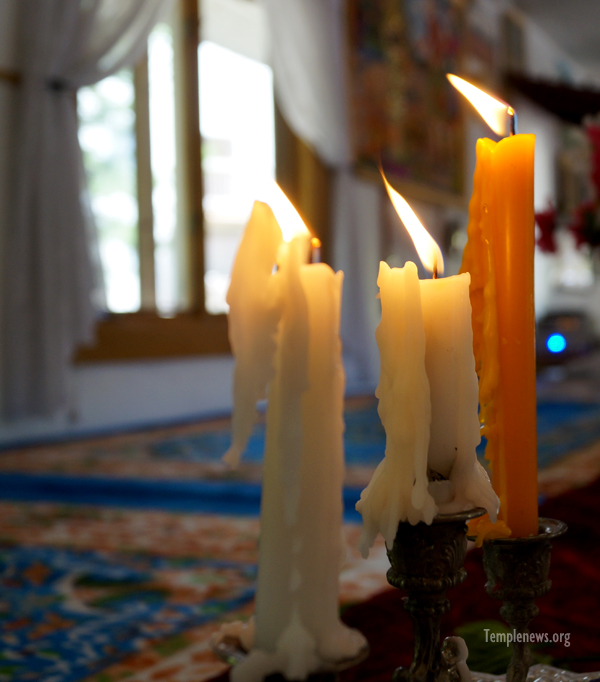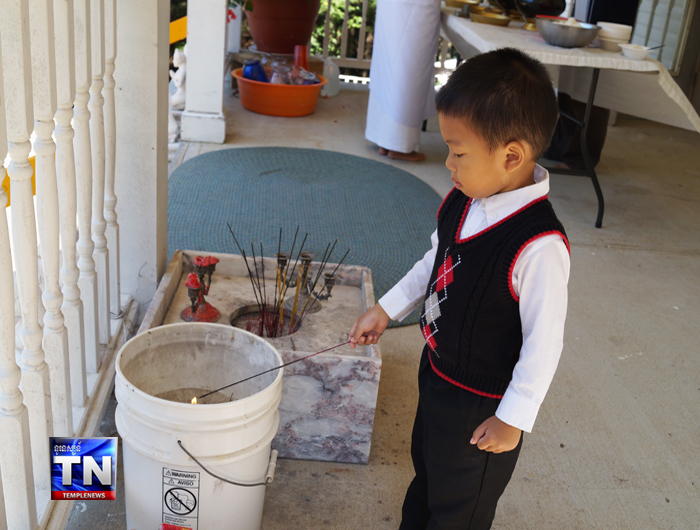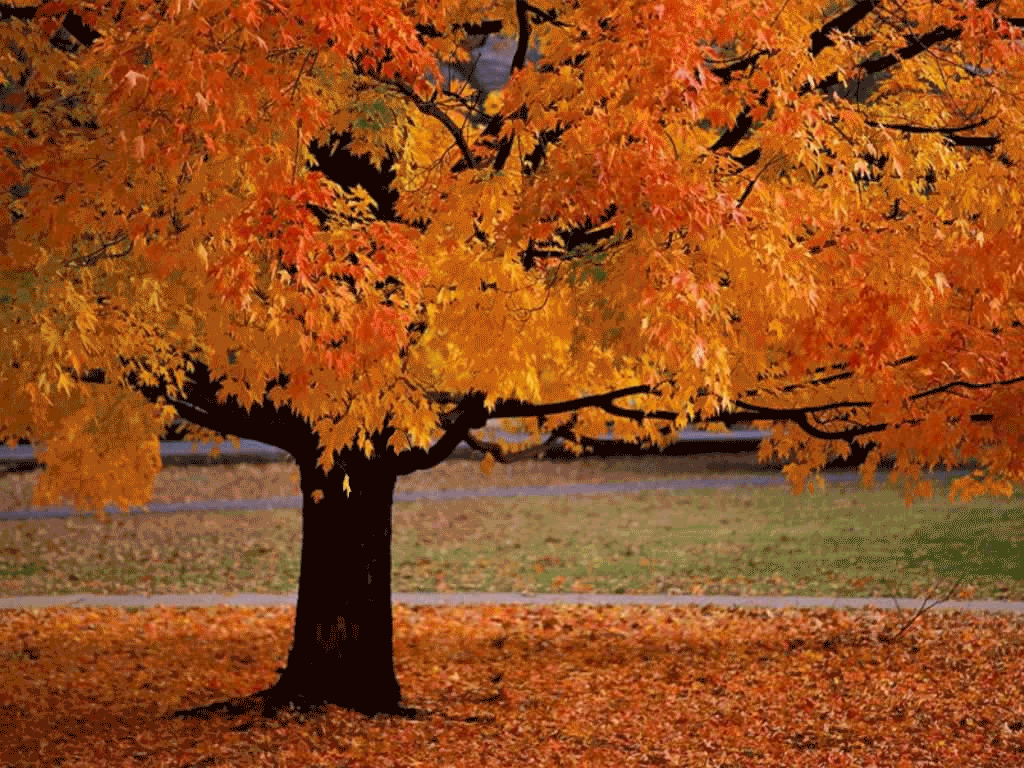
By Venerable K. Sri Dhammananda Maha Thera
The Moon and Religious Observances
The outstanding events in the life of the Buddha took place on full moon days.
Many people would like to know the religious significance of the full moon and new moon days. To Buddhists, there is a special religious significance especially on full day because certain important and outstanding events connected with the life of Lord Buddha took place on full moon days. The Buddha was born on a full moon day. His renunciation took place on a full moon day. His Enlightenment, the delivery of His first sermon, His passing away into Nibbana and many other important events associated with His life-span of eighty years, occurred on full moon days.
Buddhists all over the world have a high regard for full moon days. They celebrate this day with religious fervor by observing precepts, practising meditation and by keeping away from the sensual worldly life. On this day they direct their attention to spiritual development. Apart from Buddhists, it is understood that other co-religionists also believe that there is some religious significance related to the various phases of the moon. They also observe certain religious disciplines such as fasting and praying on full moon days.
Ancient belief in India says that the moon is the controller of the water, and circulating through the universe, sustaining all living creatures, is the counterpart on earth of the liquor heaven, ‘amrta’the drink of the gods. Dew and rain become vegetable sap, sap becomes the milk of cow, and the milk is then converted into blood. Amrta water, sap, milk and blood, represent but different states of the one elixir. The vessel or cup of this immortal fluid is the moon. Continue reading →


















